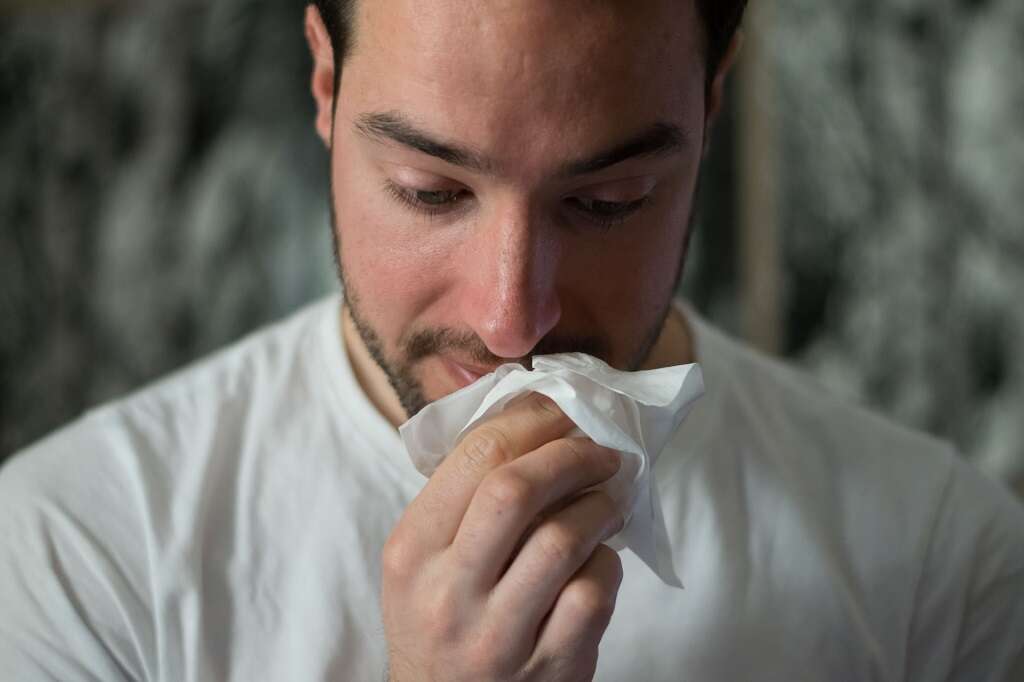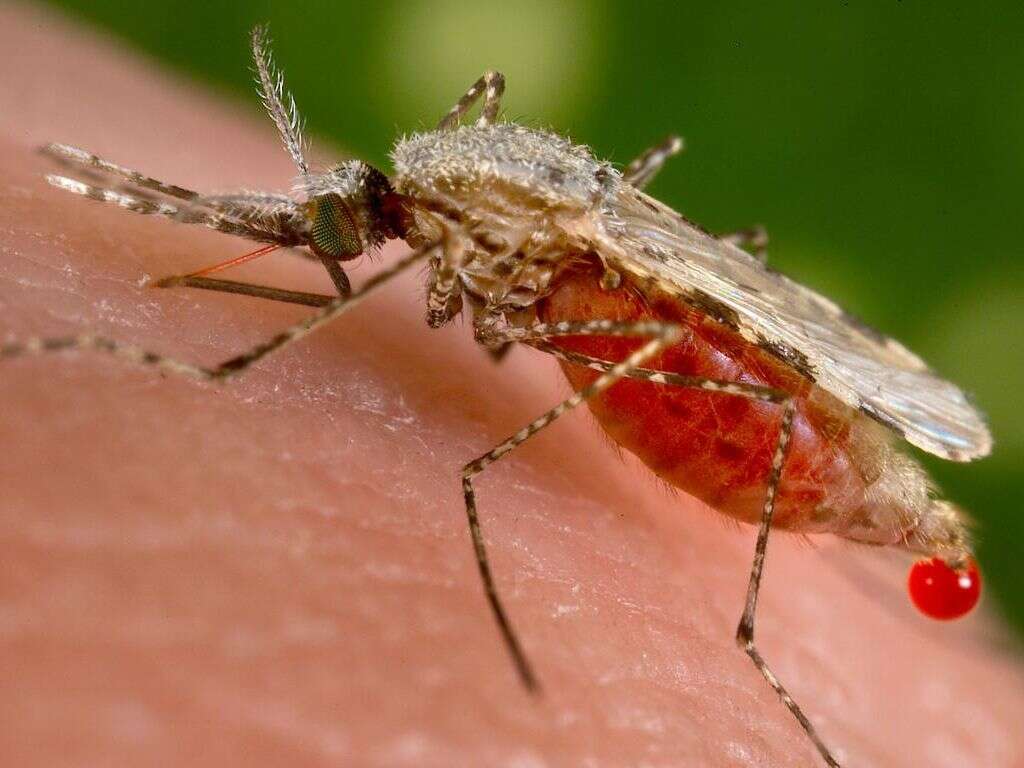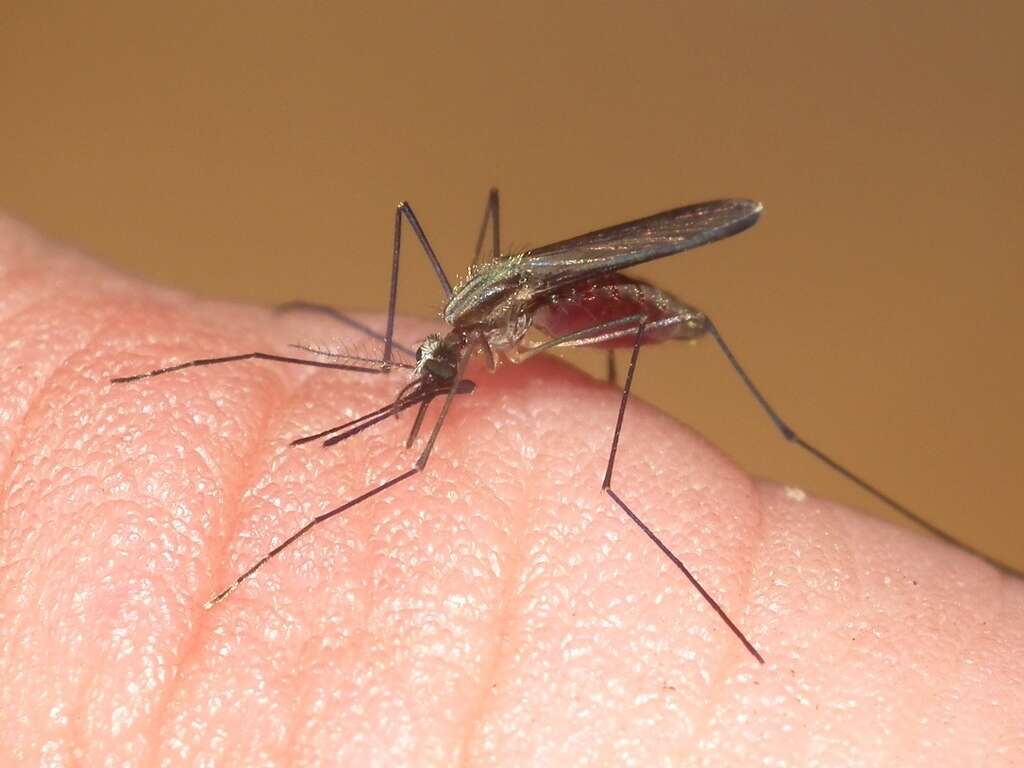10 Dengue Symptoms
 Article Sources
Article Sources
- 1. 'Dengue.' Nhs.uk, 23 Oct. 2017, www.nhs.uk/conditions/dengue/
- 2. 'Symptoms and Treatment.' Centers for Disease Control and Prevention, 14 July 2020, www.cdc.gov/dengue/symptoms/index.html
- 3. 'Dengue Fever.' Virginia Department of Health, www.vdh.virginia.gov/epidemiology/epidemiology-fact-sheets/dengue-fever/
- 4. 'Dengue Fever | Florida Department of Health.' Florida Department of Health, www.floridahealth.gov/diseases-and-conditions/dengue/index.html
- 5. 'Dengue Fever - StatPearls - NCBI Bookshelf.' National Center for Biotechnology Information, 24 Apr. 2020, www.ncbi.nlm.nih.gov/books/NBK430732/
Dengue is a small group of viruses found in warm, wet climates in areas, such as Southeast Asia, the Caribbean, the western Pacific islands and Central America. About five to eight days after being bitten by a mosquito carrying dengue, a person may show symptoms.1‘Dengue.’ Nhs.uk, 23 Oct. 2017, www.nhs.uk/conditions/dengue/
Three out of four people infected with dengue don't have symptoms, and many others have mild symptoms that can be managed at home. There's no specific treatment for dengue, but medications and rest may help a person recover. Some people, however, may develop severe symptoms that require hospitalization.2‘Symptoms and Treatment.’ Centers for Disease Control and Prevention, 14 July 2020, www.cdc.gov/dengue/symptoms/index.html
Fever
Dengue virus is sometimes called dengue fever, and a sudden high fever is a common symptom. A person may sweat, shiver or feel uncomfortably hot.1‘Dengue.’ Nhs.uk, 23 Oct. 2017, www.nhs.uk/conditions/dengue/ The fever typically lasts four to seven days although the timeframe may be slightly shorter or longer.4‘Dengue Fever | Florida Department of Health.’ Florida Department of Health, www.floridahealth.gov/diseases-and-conditions/dengue/index.html
A person experiencing a fever they suspect may be dengue should talk to their doctor, but in many cases, the fever dissipates with time. Acetaminophen and similar over-the-counter medicines may help manage fever and pain. It's recommended to avoid aspirin, naproxen and ibuprofen for dengue symptoms.3‘Dengue Fever.’ Virginia Department of Health, www.vdh.virginia.gov/epidemiology/epidemiology-fact-sheets/dengue-fever/
Aches and Pains
Dengue is sometimes nicknamed "breakbone fever" because of the muscle and joint pain it may cause. Pain behind the eyes and a severe headache may also be present.4‘Dengue Fever | Florida Department of Health.’ Florida Department of Health, www.floridahealth.gov/diseases-and-conditions/dengue/index.html
People may typically manage these pains at home with acetaminophen and rest. If a person is concerned about the level of pain they're experiencing, they should check in with their doctor. The pain should typically ease in about a week.1‘Dengue.’ Nhs.uk, 23 Oct. 2017, www.nhs.uk/conditions/dengue/

Nausea and Vomiting
Digestive symptoms are common in people with dengue. A person may experience mild nausea, or they may vomit a few times a day. They may have a diminished appetite and feel generally ill.1‘Dengue.’ Nhs.uk, 23 Oct. 2017, www.nhs.uk/conditions/dengue/
Vomiting may cause dehydration, so it's important to drink lots of clear fluids, such as water or beverages containing electrolytes. Rest may also aid recovery. If a person vomits three or more times a day, they should seek medical help.2‘Symptoms and Treatment.’ Centers for Disease Control and Prevention, 14 July 2020, www.cdc.gov/dengue/symptoms/index.html
Rash
A particularly visible sign someone with dengue may develop is a widespread red rash. Little red dots or blotches may appear throughout the body. Proper hydration and over-the-counter medicines approved by a doctor may help alleviate symptoms.1‘Dengue.’ Nhs.uk, 23 Oct. 2017, www.nhs.uk/conditions/dengue/
While most people experience mild symptoms, some people may develop severe dengue, which is significantly more dangerous. Some symptoms are concerning enough to prompt a visit to an urgent care center or hospital.2‘Symptoms and Treatment.’ Centers for Disease Control and Prevention, 14 July 2020, www.cdc.gov/dengue/symptoms/index.html

Restlessness or Irritability
It's not unusual for a person to be a little irritable when they don't feel well. However, a sudden, pronounced change in mood or behavior may be a reason to visit a clinic.
Sudden tiredness, restlessness or irritability may be a sign of more serious illness. Severe dengue can quickly become dangerous. Infants, pregnant women and those who have had dengue more than once are particularly vulnerable. If someone in one of these groups exhibits these symptoms, they should seek medical help.2‘Symptoms and Treatment.’ Centers for Disease Control and Prevention, 14 July 2020, www.cdc.gov/dengue/symptoms/index.html
Intense Abdominal Pain
While aches and pains are a common symptom in mild dengue, intense belly pain may be a sign of the more dangerous form of the disease. A tender, swollen stomach may indicate the person needs to get further help.5‘Dengue Fever - StatPearls - NCBI Bookshelf.’ National Center for Biotechnology Information, 24 Apr. 2020, www.ncbi.nlm.nih.gov/books/NBK430732/
While no cure is available for dengue, early treatment of symptoms may help a person recover more easily. A person hospitalized with severe dengue can be monitored by doctors, receive fluids to stay hydrated and take medicines to manage bleeding and pain.4‘Dengue Fever | Florida Department of Health.’ Florida Department of Health, www.floridahealth.gov/diseases-and-conditions/dengue/index.html

Vomiting Blood
If a person experiences persistent, frequent vomiting, they should remain vigilant for any signs of blood in their vomit. Bright red vomit is a dangerous sign and requires a visit to the hospital.
Black or tarry stool may be a sign of bleeding in the stomach. Even one instance of this is serious and should prompt a person to seek medical help. Internal bleeding can quickly lead to severe illness or death.3‘Dengue Fever.’ Virginia Department of Health, www.vdh.virginia.gov/epidemiology/epidemiology-fact-sheets/dengue-fever/
Bleeding From the Nose or Gums
In some rare cases, dengue may take the form of hemorrhagic fever, in which the virus causes the blood vessels to become damaged. This can be dangerous, possibly leading to internal bleeding or shock.
Dengue rarely gets to this stage, but if a person notices bleeding from their gums or mouth or under their skin, they should see a doctor as soon as possible or go directly to the hospital.2‘Symptoms and Treatment.’ Centers for Disease Control and Prevention, 14 July 2020, www.cdc.gov/dengue/symptoms/index.html

A Weak, Rapid Pulse
A serious concern with hemorrhagic dengue fever is that a person may go into shock. This is a rare occurrence, especially for people who don't live in areas where dengue is prevalent, but a person with a rapid, weak pulse should go to the hospital.
Other signs of shock include cold and clammy skin and fast or difficult breathing. These are all indications that the infection may be life-threatening.1‘Dengue.’ Nhs.uk, 23 Oct. 2017, www.nhs.uk/conditions/dengue/
Drowsiness or Loss of Consciousness
Loss of consciousness and impaired consciousness are symptoms that need to be taken seriously. If a person faints, struggles to maintain consciousness, or is confused or extremely dizzy, they should see a doctor right away.
A hospital is usually the safest place to manage and treat symptoms for those with severe dengue. Untreated severe dengue fever can kill up to 20 percent of those who develop it. However, with proper supportive care and treatment, 99 percent of people with severe dengue survive.5‘Dengue Fever - StatPearls - NCBI Bookshelf.’ National Center for Biotechnology Information, 24 Apr. 2020, www.ncbi.nlm.nih.gov/books/NBK430732/








